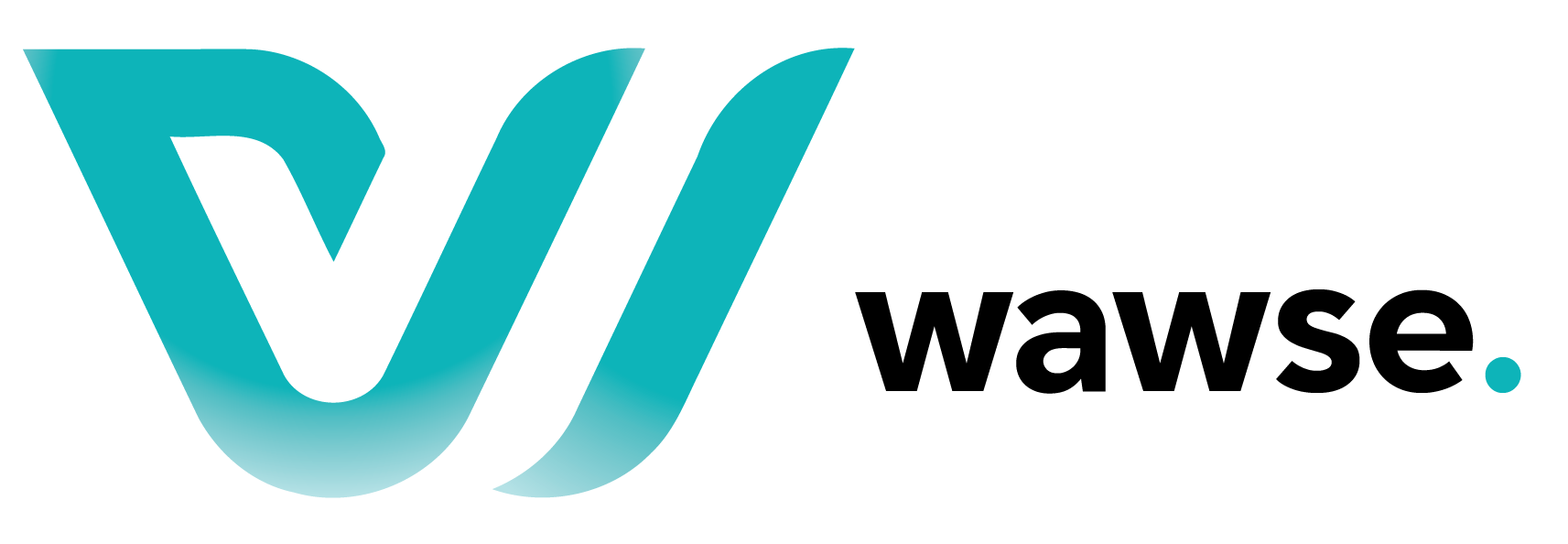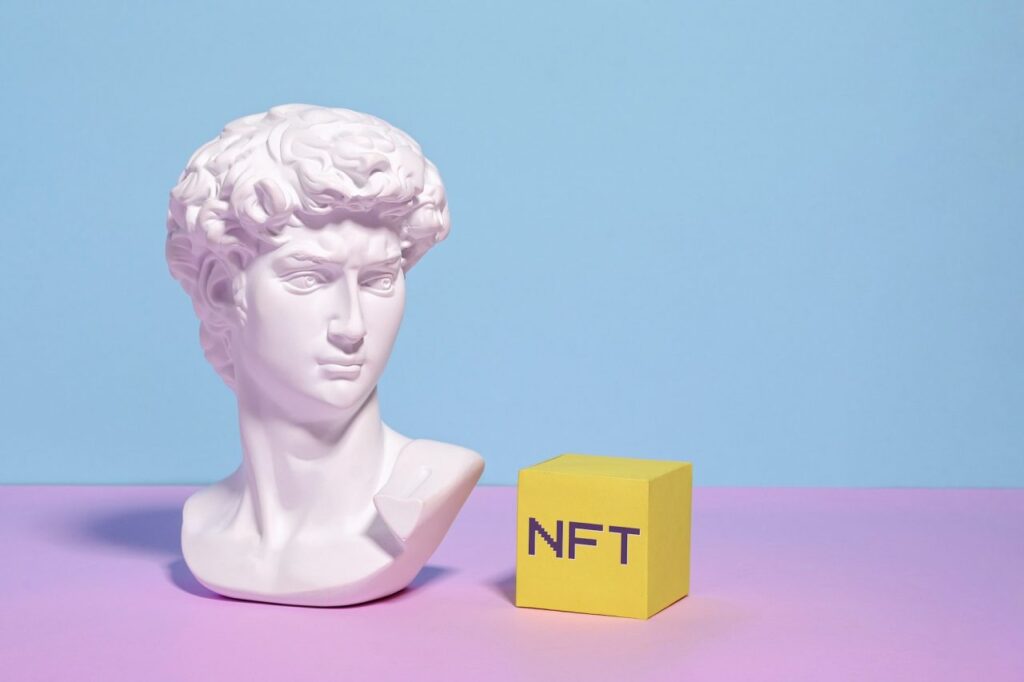What Are NFTs?
NFTs (Non-Fungible Tokens) are unique digital assets that exist on blockchain technology. Unlike cryptocurrencies such as Bitcoin or Ethereum, which are interchangeable, NFTs are one-of-a-kind and cannot be replaced with another identical asset. This uniqueness makes NFTs valuable in various industries, including art, gaming, real estate, and entertainment.
How Do NFTs Work?
NFTs operate using blockchain technology, primarily on the Ethereum network, although other blockchains like Solana, Binance Smart Chain, and Polygon also support them. Each NFT is stored on the blockchain with a unique identifier, ensuring ownership authenticity and preventing duplication. Smart contracts govern these transactions, enabling secure and transparent transfers between users.
Use Cases of NFTs in the Modern World
1. Art and Digital Collectibles
NFTs have revolutionized the art world by allowing artists to tokenize their work and sell it directly to buyers without intermediaries. Platforms like OpenSea, Rarible, and Foundation have enabled digital artists to gain recognition and earn from their creations.
2. Gaming Industry
The gaming sector has embraced NFTs to offer unique in-game items, skins, and virtual properties. Players can buy, sell, or trade NFT-based assets, ensuring actual ownership of digital items in games like Axie Infinity and Decentraland.
3. Virtual Real Estate
NFTs have paved the way for digital real estate, allowing users to buy, sell, and trade virtual land in metaverse platforms like The Sandbox and Decentraland. Companies and individuals are investing in these virtual spaces for events, marketing, and social interactions.
4. Music and Entertainment
Musicians and content creators are leveraging NFTs to sell exclusive albums, concert tickets, and memorabilia directly to their fans. Artists like Kings of Leon and Snoop Dogg have already released music as NFTs, creating a new revenue stream for the entertainment industry.
5. Business and Branding
Brands are using NFTs for marketing and customer engagement. Limited edition NFT merchandise, loyalty programs, and digital brand assets are helping companies build a stronger connection with their audiences.
The Future of NFTs
NFTs are continuously evolving, with advancements in interoperability, sustainability, and real-world applications. Businesses, creators, and investors are exploring innovative ways to leverage NFTs, making them a significant aspect of the digital economy.
As blockchain technology improves and regulations become clearer, NFTs will likely play a more prominent role in finance, intellectual property rights, and online identity verification.
Conclusion
NFTs have redefined digital ownership, creating new opportunities across various industries. From digital art to gaming, music, and virtual real estate, their impact is undeniable. As the world shifts towards decentralization, NFTs will continue to shape the future of digital transactions and business models.
Are you ready to explore the world of NFTs? Stay informed and take advantage of the digital revolution!


